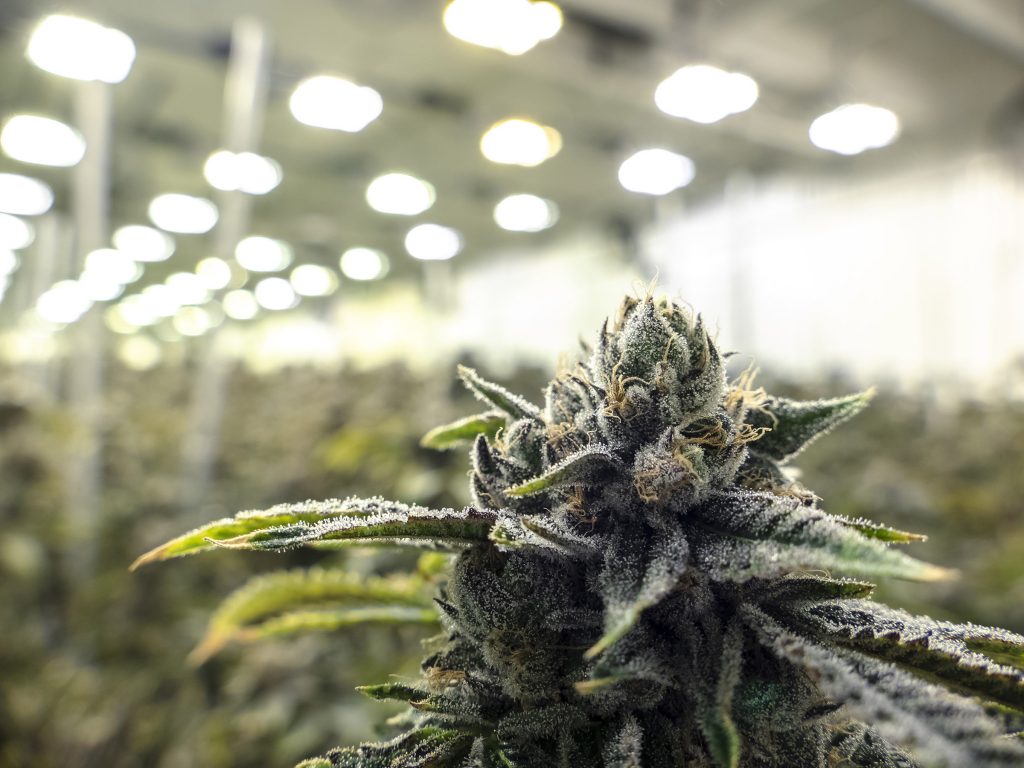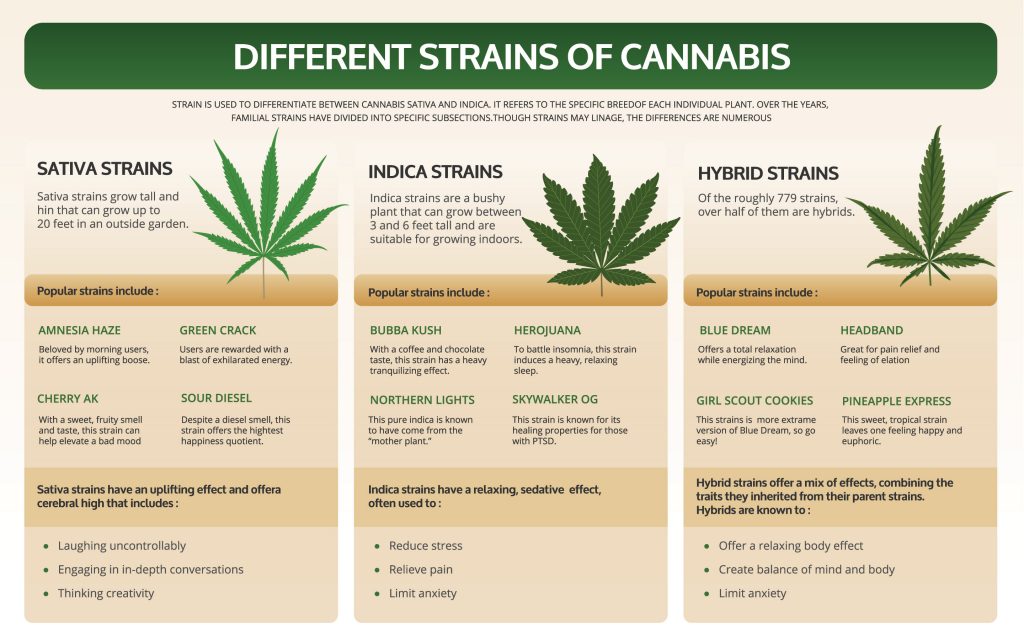
California’s excessive tax rate is a “big mistake”, driving black market sales that more than double the size of the legal market, Tom Adams, BDS Analytics’ managing director and principal analyst states in an interview with American Legal News.
BDS Analytics issued a report on California’s legal cannabis market on August 15th. The report can be found here.
Adams projects California’s legal cannabis revenues will reach only $3.1 billion by year-end, while illegal sales are expected to soar to $8.7 billion this year, as a result of what Adams terms California’s excessive $9.25 per-ounce tax.
“The $9.25 per-ounce grow tax is a ticking time bomb since it remains fixed, no matter what happens to pricing, “ he says.
“Right now, it equates to a 13 percent tax on a $1,100 pound of pot at wholesale.
“When prices come down, as they inevitably will, it will be even more onerous: On a $500 pound it would equate to a 30 percent tax.
“Most taxes, cannabis or otherwise, are imposed as a percentage of revenue, not on a per-unit basis, for this very reason,” Adams says.
He adds, “Democrats and Republicans can continue their debate as to whether lower tax rates yield higher tax revenue in general.
“But it’s pretty clear from what’s happening in California that high tax rates cut consumer spending (and hence tax receipts to the government) when double-digit tax rates are applied to a product for which there exists a thriving illicit market in which consumers and businesses pay no taxes.
“Lower tax rates now would allow the legal market to more quickly destroy the illicit market, meaning higher tax receipts sooner to the State of California, “Adams says.
Environmental and drug-abuse programs are two of the promises former Governor Jerry Brown envisioned when California residents voted to legalize cannabis via Proposition 64 during the 2016 Presidential election.
Sales became legal on January 1, 2018.
However, Governor’s Brown’s projected revenue stream has not materialized.
“To collect the $1 billion a year in state tax revenue promised by backers of Proposition 64, plus millions of dollars more for cities and counties, California needs to sell at least $7 billion worth of weed, the Orange County Register reports.
Laguna Beach’s No Smoking Zone
While Los Angeles, San Francisco, San Jose and San Diego have laws permitting cannabis business, wealthy communities, such as Laguna Beach, have not only refused to open pot shops, they’ve banned both cannabis and cigarettes.
Adams says, “what municipalities adverse to pot are forgetting is that by banning legal cannabis, they’re ensuring that the black market in their jurisdiction continues to thrive.
“They’ve got this strange idea that they’re contributing to the delinquency of minors when it’s quite the opposite as legal sellers won’t sell to minors.”
As a result of banning pot, California has only one licensed retailer for every 35,147 adults over the age of 21 years.
In comparison, Oregon has one dispensary for every 4,467 adults over 21, while Colorado—the first state to launch an adult-use market—has 4,240 adults age 21 and over for each retailer, Adams reports.

A Shipment of Jalapeno Peppers
The revenue shortfall has prompted long-time pot proponent Governor Gavin Newsom to station Customs and Border Protection troops at the Mexican border checkpoint in San Diego, where authorities seized nearly four tons of cannabis buried in a shipment of jalapeno peppers, NBC News reports.
Most police officers are reluctant to prosecute illegal pot sellers at a time when the state’s Bureau of Cannabis Control— aware that disproportionate incarceration has ravaged the African American and Latino communities–is prioritizing minority cannabis licenses.
Stringent Testing and Childproof Packages
Adams says California’s strict regulations–including testing pot and selling it in child-proof packages–add to the cost of legal pot.
“While stringent testing is a good thing as consumers know they’re getting cannabis that’s safe, it adds a layer of complexity and cost and is not great for sales, “ Adams says.
As far as child-proof packages are concerned, stores are opening up sample packages for buyers to smell, but a whole bunch of suppliers could not meet the requirement that kicked in on July 1, Adams says.
Not Worth the Thrill for Colorado Teens and Drug Dealers
“We’re finding that legalizing pot in Colorado reduced teenage consumption, “Adams notes.
“We can’t prove causation, but it’s dropped since cannabis has become legal.
“Legalization makes it not worth the thrill of trying something their grandparents are doing,” Adams
He adds, legalization in Colorado has also had a “very negative effect on drug dealers on the street.”
Interstate Commerce Necessary
When Donald Trump–who is opposing all cannabis medical research–exits the Oval Office and cannabis is Federally legalized, growers will be able to ship product across state lines, as well as enjoy access to banks for deposits and credit lines.
Then, it will be easier for startups to gain a foothold in the legal pot industry. Adams says cannabis will likely be Federally legalized through The States Act, sponsored by Massachusetts Democratic Senator Elizabeth Warren and Republican Colorado Senator, Cory Gardener.



Leave a Comment